What can be done about your expensive Pepco bill?
Financial assistance, energy audits, and avoiding third-party suppliers can help.
Plus, what it means that Trump reinstated capital punishment and fighting displacement east of the river.
Hello readers!
Do you remember what you were doing a year ago? My colleagues were finishing up the first of these newsletters. Like many of you, I was awaiting its arrival as an early supporter.
It's a little surreal to be writing to all of you now, as the team's newest part-time editor. I've been working in journalism locally since 2016, when I moved to D.C. for a temp job at the local NPR station, WAMU. Since then, I've worked as an editor with 730DC, CityLab, and The Trace — and going forward, I'll be here in your inbox twice a month.
This week, we're marking our first birthday, and launching our campaign to bring aboard 551 new members! To those of you who joined yesterday: Welcome, and thank you. Join them by clicking here!
Now, onto the news: Our lead story this week covers DCPS reneging on its promise to help hundreds of international teachers secure a green card. Many may now be forced to leave the country, writes 51st reporter Martin Austermuhle.
Martin had a busy week, also covering Trump's reinstatement of the death penalty in D.C. and the federal shutdown's effect on city residents.
Plus, we dove into housing and affordability coverage with a story about an Anacostia nonprofit fighting displacement and an interview with the director of a new documentary on gentrification.
Keep scrolling for our roundups of weekend events and ways to get more involved in the city — which might be especially useful if you're furloughed right now.
Have feedback on my work? You can find me here,
Gracie
P.S. Save the date for our one-year celebration, the evening of Oct. 23. More details coming soon!
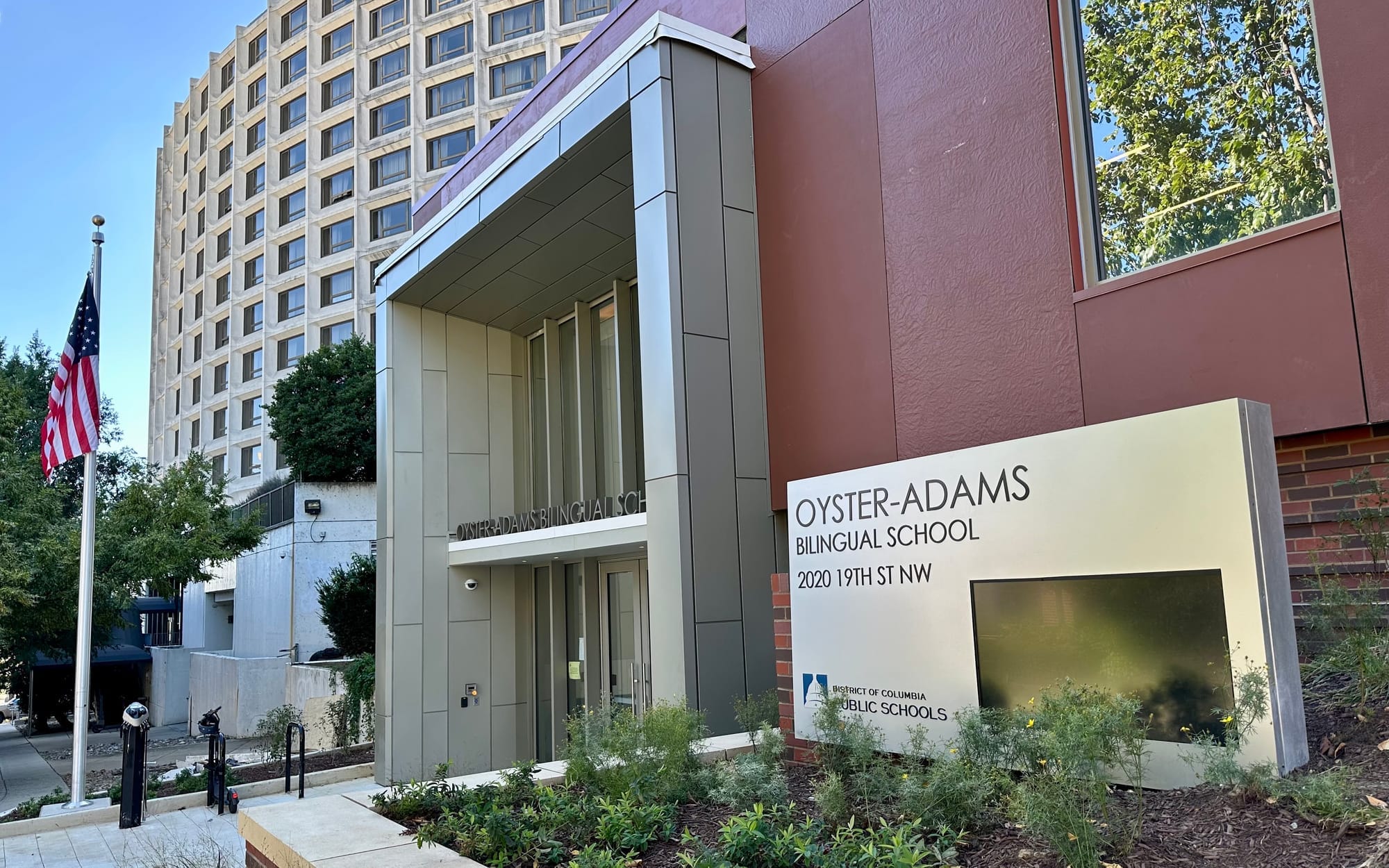
Since 2021, the school district has become the city’s leading sponsor of H1-B visas for its employees. Now, more than 200 teachers who took jobs expecting a path to legal permanent residency are facing uncertain futures.
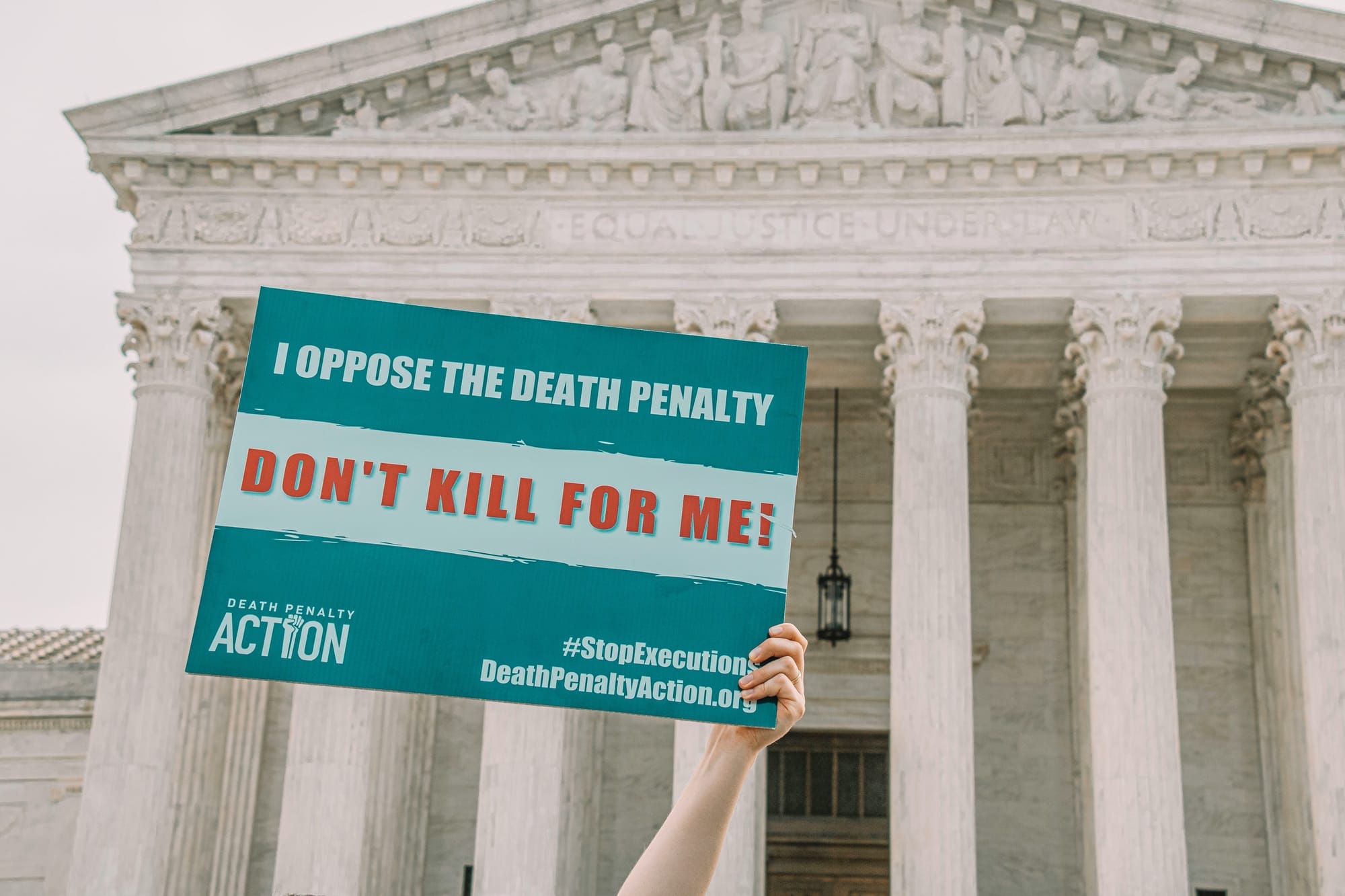
Trump’s decision to reinstate capital punishment — which hasn’t been used here in 68 years — is part of a broader law-and-order campaign targeting the District. And, per usual, we're more vulnerable to interference than anywhere else.
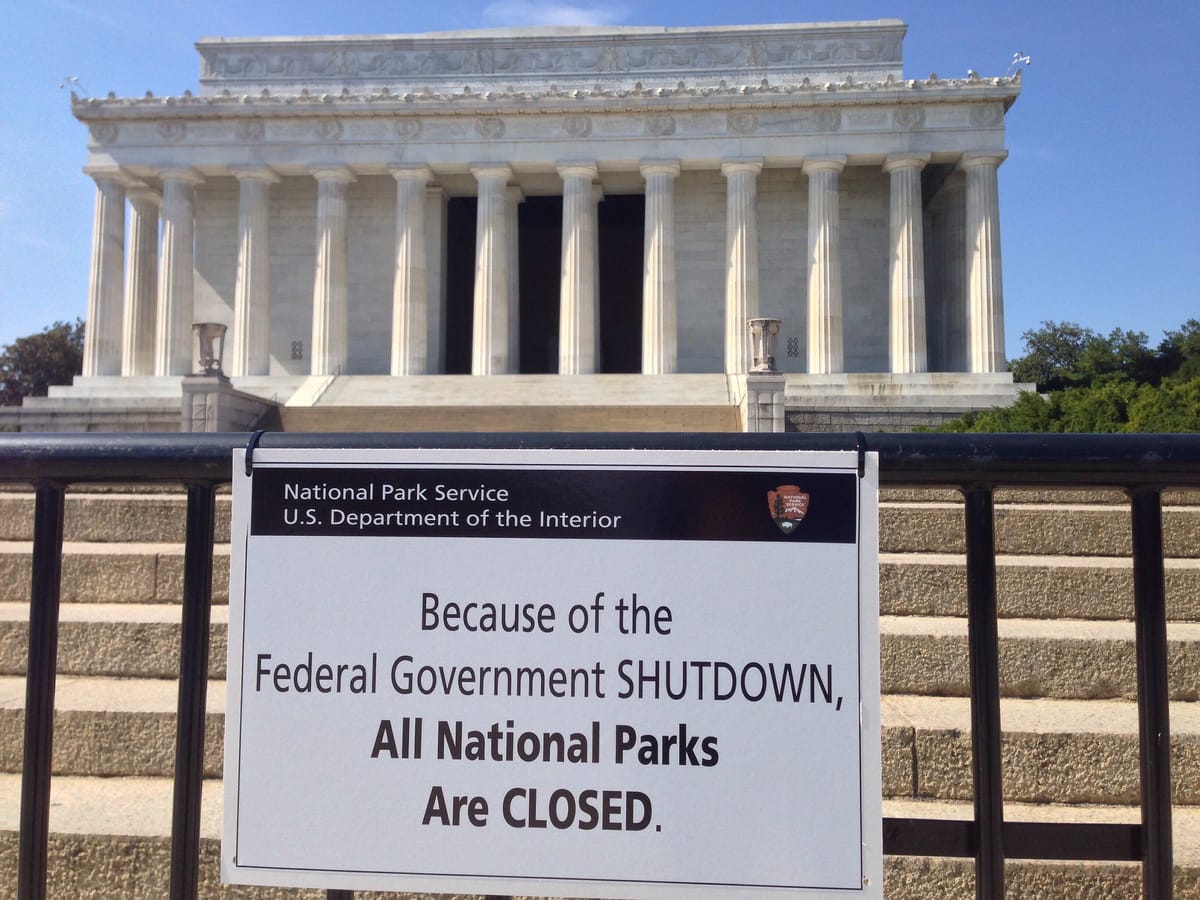

Ruth Tedla's documentary "Cracked Shells" focuses on D.C.'s rapid gentrification and displacement of longtime — often Black — residents. She calls it "a tool against the erasure" of D.C. natives' rich culture and history, and capacity for resilience.
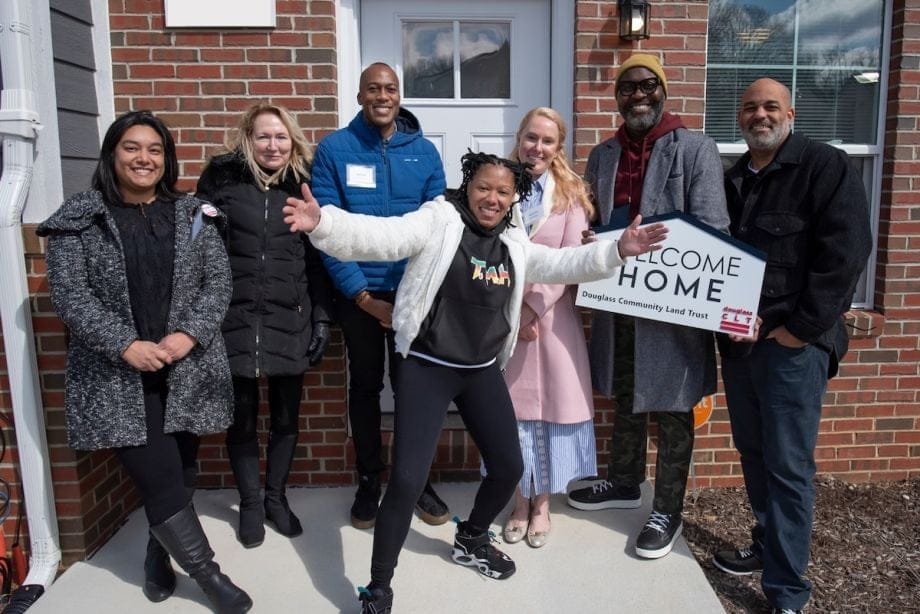
Soon after purchasing her home in Anacostia, Meche Martinez attended a gathering to discuss a development project that neighbors feared would price them out. Ten years later, those residents' efforts have become a full-blown organization dedicated to preventing displacement in Ward 8.
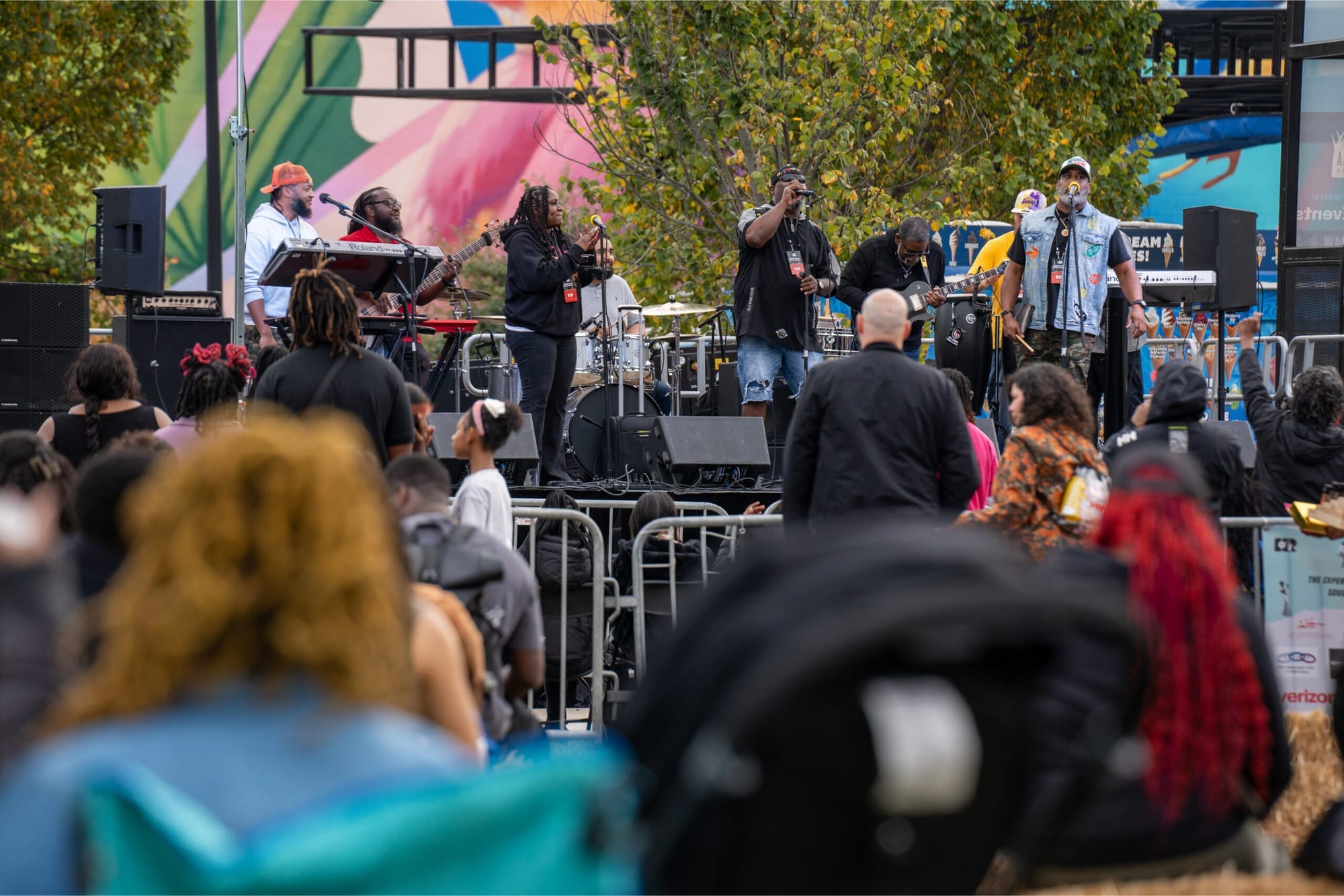
On the agenda: An extremely local music festival, stargazing, and celebrating one of South Korea’s biggest holidays.
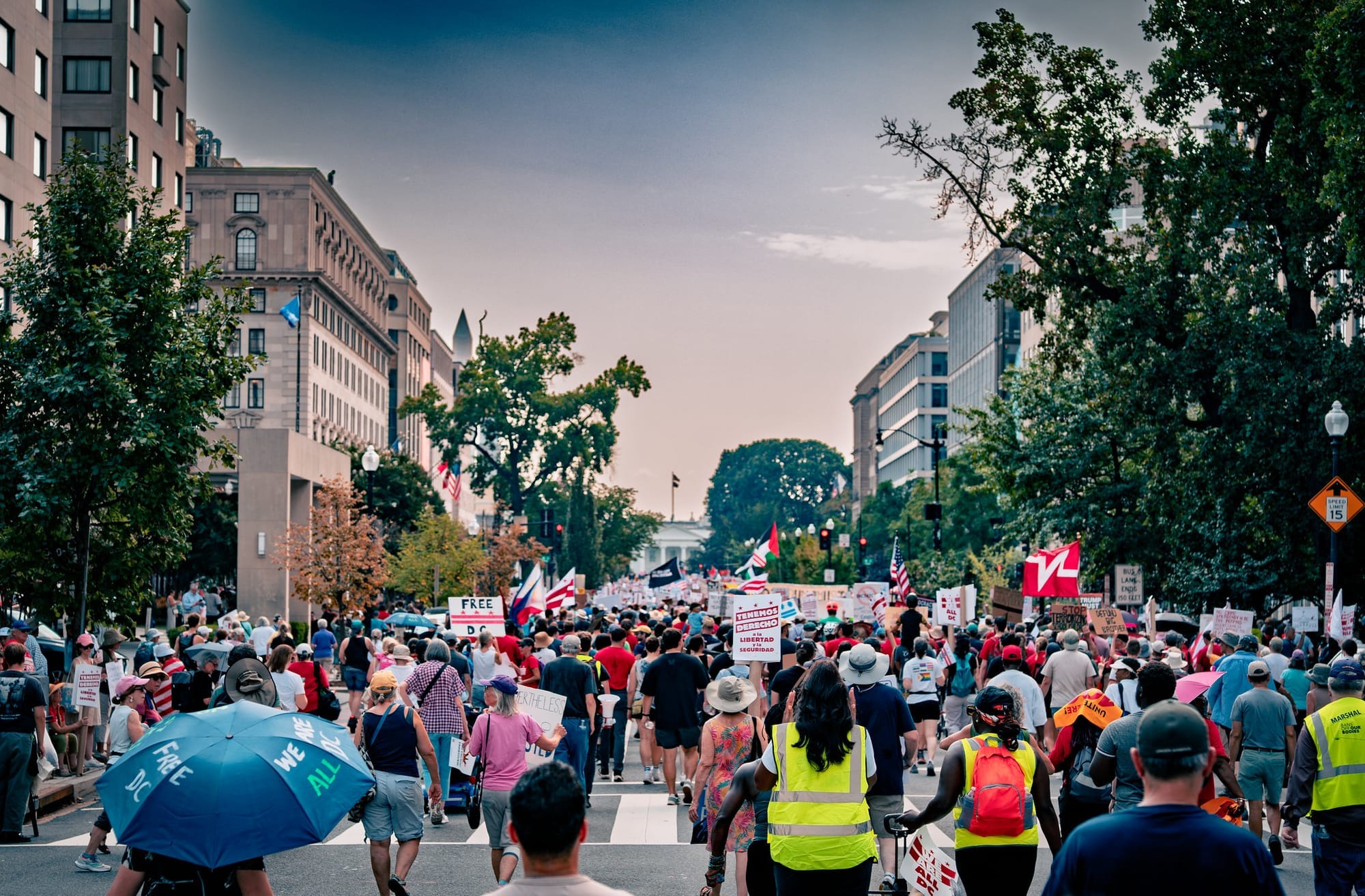
Resisting fascism, a meetup for pissed-off optimists, and plenty of opportunities to plug into Free DC.

Here's some news you may have missed this week:
Thanks for reading,
Gracie
With your help, we pursue stories that hold leaders to account, demystify opaque city and civic processes, and celebrate the idiosyncrasies that make us proud to call D.C. home. Put simply, our mission is to make it easier — and more fun — to live in the District. Our members help keep local news free and independent for all: